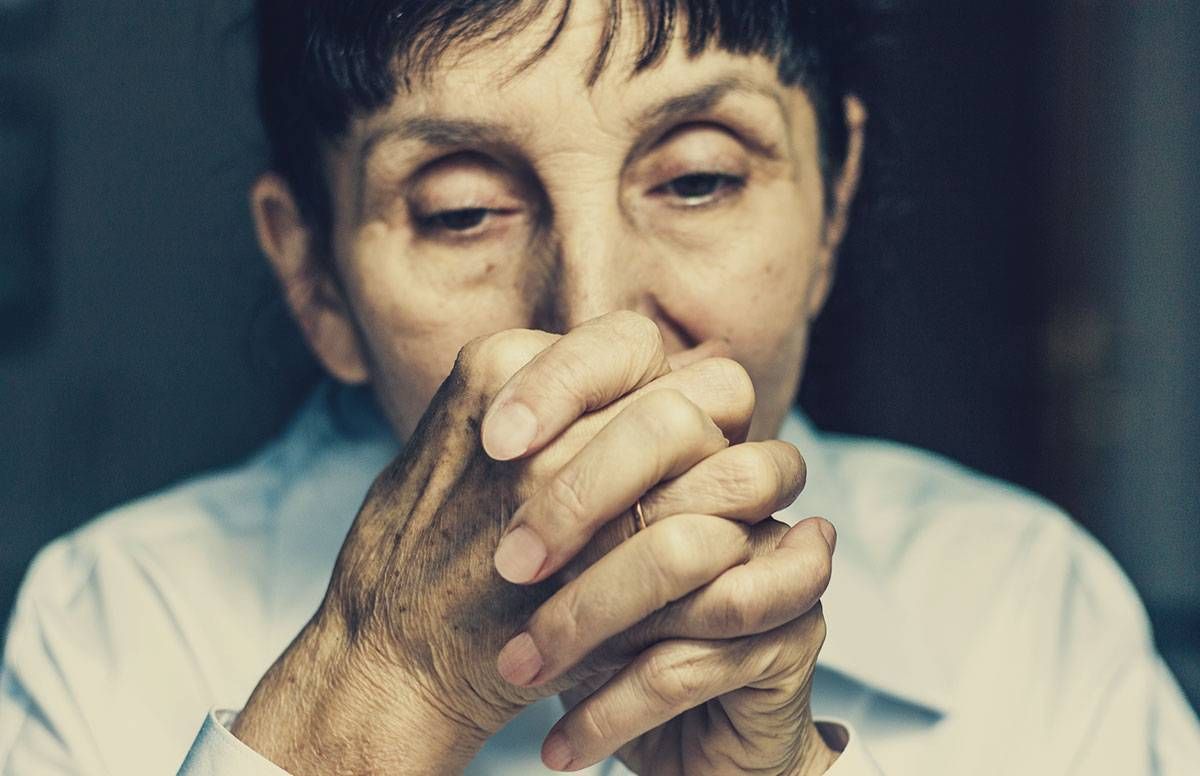Do You Have Existential Anxiety?
Politics and climate change could be contributing factors
(Editor's Note: This story originally ran on Rewire.)

National and international politics are reaching a cacophony. It’s hard to cut through the chatter to know where our country, and planet, is really headed. To top it off, we’re living with feelings of impending doom as the impacts of climate change accelerate at an unprecedented rate.
In the face of these unknowns, you could end up questioning your significance and impact on Earth. It’s not uncommon to experience deep distress and question the meaning of life or your place within it. That’s what psychologists refer to as existential anxiety.
What Is Existential Anxiety?
Trying to understand the definitions of the different types of anxiety and existential anxiety can be confusing. After all, other types of anxiety and existential anxiety are closely intertwined.
Anxiety can bubble up when you’re faced with a stressful situation, like the possibility of losing your job or a loved one. But existential anxiety is much larger in scale.
Practice accepting that you will never be able to predict or control everything in life.
“It involves all-encompassing questions about the meaning and purpose of life and one’s place in the world,” said Wendy Greenspun, a New York-based clinical psychologist. “These questions also have no clear answers or solutions, yet the suffering individual may ruminate obsessively about all of this.”
Existential anxiety tends to arise during times of change, or when you’re entering a new stage in life and your stability is challenged. Symptoms might include a deep sense of distress about the meaning of life and preoccupation with future unknowns.
Greenspun added that it could even include losing interest or the inability to find the same pleasure and meaning in activities that used to feel worthwhile, and even a withdrawal from people and activities.
Existential Dread: The One Thing You Can Count On
The existential threat to the future of life on our planet is causing existential dread and anxiety.
But this phenomenon is far from recent. In the 19th century, philosopher Søren Aabye Kierkegaard was the first existentialist who addressed anxiety in the face of the unpredictability of life.
Much later, in the 1950s, American psychologist Rollo May came to be known as the pioneer of existential psychology.
“Political concerns and climate change certainly are a source of anxiety for many of us these days,” said Pelin Kesebir, a social psychologist and assistant scientist at the University of Wisconsin-Madison. “That said, I don’t think there has been any era in human history when existential anxiety wasn’t a common phenomenon.”
Imagine going back several centuries and facing the threat of the Great Plague. That would aggravate existential concerns. Scholars argue that with incredible advances in the fields of medicine and technology, ours might be one of the best periods to live in in terms of existential anxiety, if not the best.
But, “ironically, all this progress might contribute to an increased sense of existential anxiety,” Kesebir said. “We have done a great job at overcoming obstacles and creating a comparatively comfortable life for ourselves, that things like suffering or death have become much harder to accept.”
Take Control by Surrendering It
Now that you know more about existential anxiety, you might feel like it’s more similar to depression than feeling anxious. No wonder we more commonly refer to it as existential angst or dread in conversations.
But Kierkegaard and other existentialists had defined anxiety as the “recognition of emptiness.” During therapy, people often recognize that feeling of emptiness inside themselves, said Nash Popovic, senior lecturer in integrative counseling and coaching at the University of East London.
Because we intuitively recognize the link between uncertainty and anxiety, we often attempt to reduce anxiety by increasing our control over our life situation.
While that seems logical, it doesn’t work.
“We can never eradicate life’s uncertainty completely, and for good reason, as life would be unbearably dull otherwise,” Popovic said. “We are doomed to fail. And when we fail, it increases our anxiety even more because we feel powerless. So what can we do? Perhaps counter-intuitively the opposite, we can embrace uncertainty.”
Practice accepting that you will never be able to predict or control everything in life. Adapt to and move with the flux of reality rather than trying to stop it.
“Be like a surfer who glides on waves instead of trying to control them,” Popovic said.
Develop a self-care ritual. It’s also important to maintain a support system of others who experience anxiety about the future to avoid feelings of isolation.
Be wary of living with a sense of entitlement or an expectation that life should be free of suffering, Kesebir said. You’ll find your expectations don’t match up with reality, and it’ll hurt.
“The opposite of entitlement is gratitude,” she said. “It is much more conducive to existential well-being to think of our life as a gift and constantly practice gratitude for it while striving to make the best of it.”

